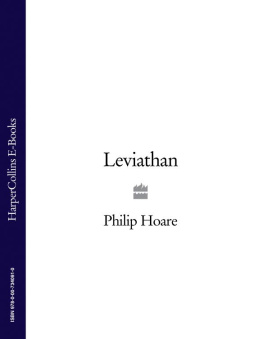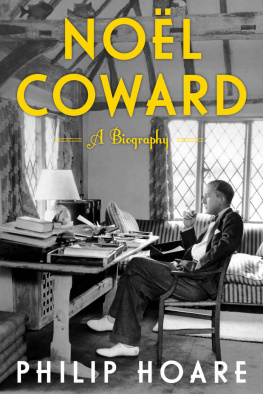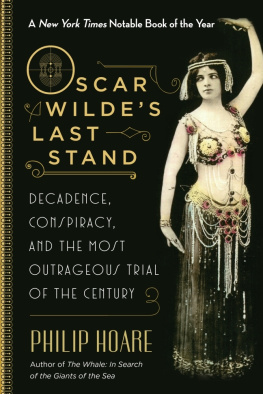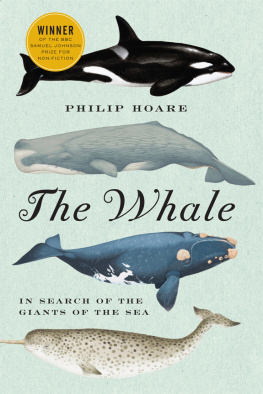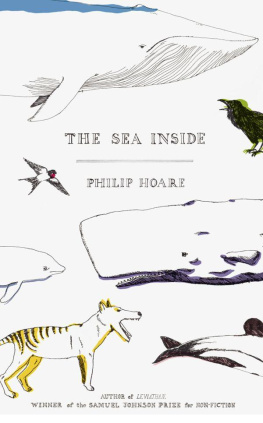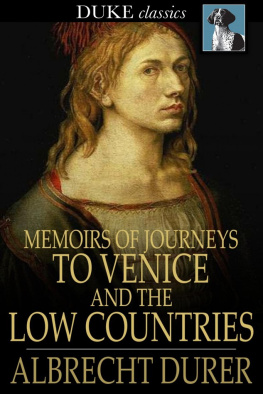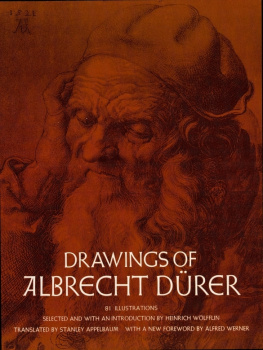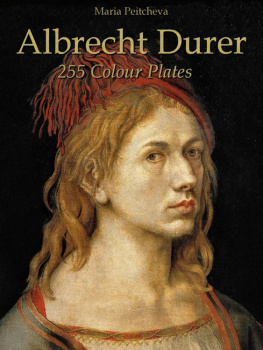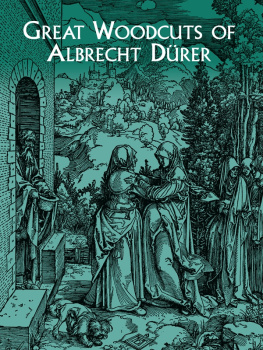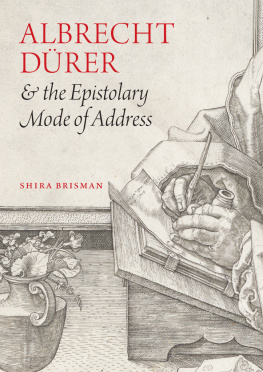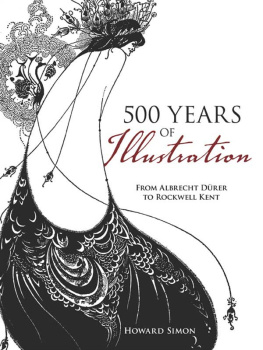Philip Hoare - Albrecht Dürer and How Art Imagines Our World
Here you can read online Philip Hoare - Albrecht Dürer and How Art Imagines Our World full text of the book (entire story) in english for free. Download pdf and epub, get meaning, cover and reviews about this ebook. year: 2021, publisher: Pegasus Books, genre: Detective and thriller. Description of the work, (preface) as well as reviews are available. Best literature library LitArk.com created for fans of good reading and offers a wide selection of genres:
Romance novel
Science fiction
Adventure
Detective
Science
History
Home and family
Prose
Art
Politics
Computer
Non-fiction
Religion
Business
Children
Humor
Choose a favorite category and find really read worthwhile books. Enjoy immersion in the world of imagination, feel the emotions of the characters or learn something new for yourself, make an fascinating discovery.

- Book:Albrecht Dürer and How Art Imagines Our World
- Author:
- Publisher:Pegasus Books
- Genre:
- Year:2021
- Rating:4 / 5
- Favourites:Add to favourites
- Your mark:
- 80
- 1
- 2
- 3
- 4
- 5
Albrecht Dürer and How Art Imagines Our World: summary, description and annotation
We offer to read an annotation, description, summary or preface (depends on what the author of the book "Albrecht Dürer and How Art Imagines Our World" wrote himself). If you haven't found the necessary information about the book — write in the comments, we will try to find it.
Albrecht Dürer and How Art Imagines Our World — read online for free the complete book (whole text) full work
Below is the text of the book, divided by pages. System saving the place of the last page read, allows you to conveniently read the book "Albrecht Dürer and How Art Imagines Our World" online for free, without having to search again every time where you left off. Put a bookmark, and you can go to the page where you finished reading at any time.
Font size:
Interval:
Bookmark:
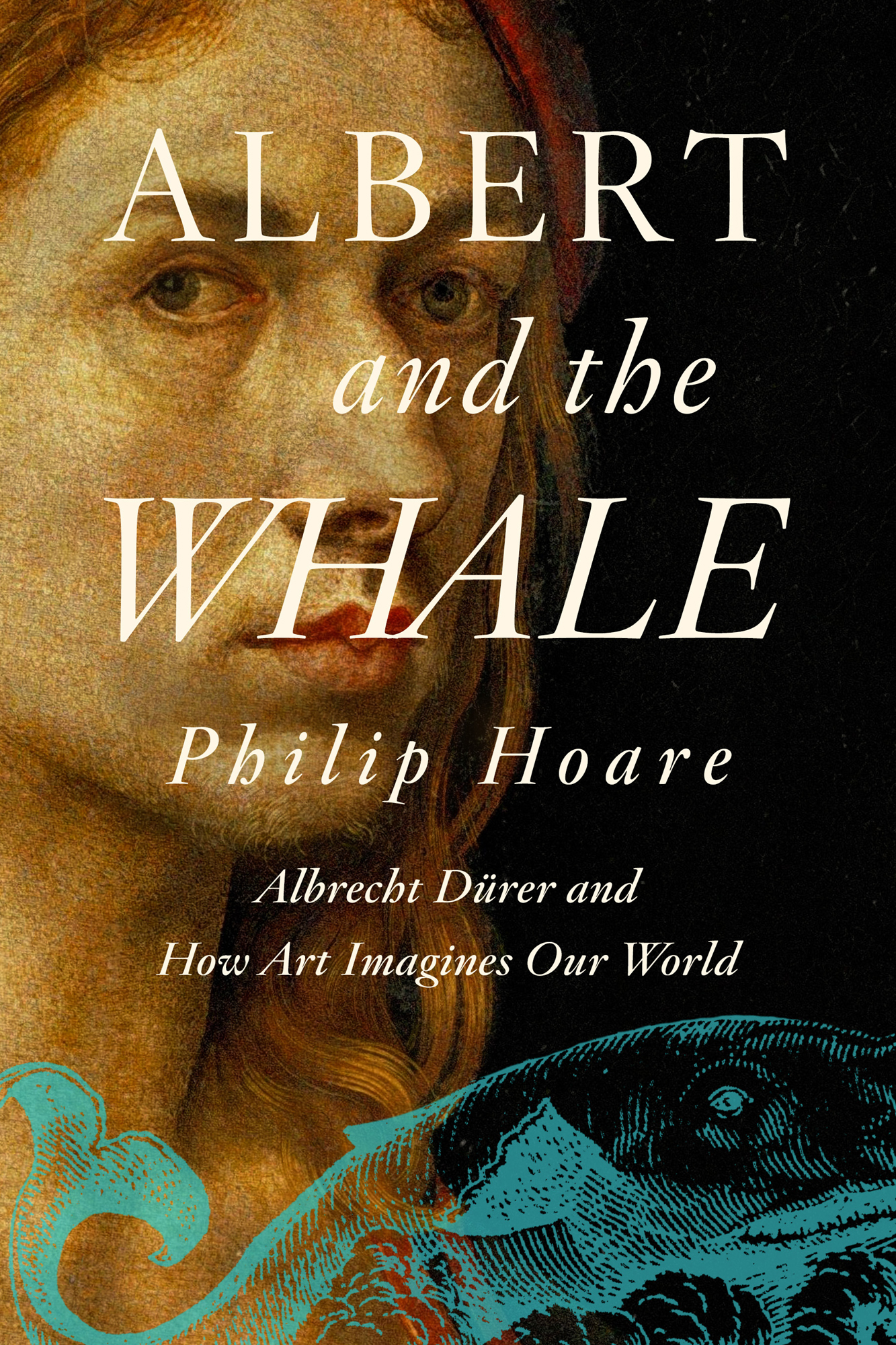
Albert and the Whale
Philip Hoare
Albrecht Drer and How Art Imagines Our World

ALSO BY PHILIP HOARE
Serious Pleasures: The Life of Stephen Tennant
Noel Coward: A Biography
Wildes Last Stand: Decadence, Conspiracy and the First World War
Spike Island: The Memory of a Military Hospital
Englands Lost Eden: Adventures in a Victorian Utopia
Leviathan or, The Whale
The Sea Inside
RISINGTIDEFALLINGSTAR
ALBERT AND THE WHALE
Pegasus Books, Ltd.
148 West 37th Street, 13th Floor
New York, NY 10018
Copyright 2021 by Philip Hoare
First Pegasus Books cloth edition May 2021
All rights reserved. No part of this book may be reproduced in whole or in part without written permission from the publisher, except by reviewers who may quote brief excerpts in connection with a review in a newspaper, magazine, or electronic publication; nor may any part of this book be reproduced, stored in a retrieval system, or transmitted in any form or by any means electronic, mechanical, photocopying, recording, or other, without written permission from the publisher.
ISBN: 978-1-64313-726-1
Ebook ISBN: 978-1-64313-727-8
Jacket design : Brock Book Design Co. / Charles Brock Self-Portrait: Albrecht Drer, 1493
Whales Stranding at Ter Heyde, engraving by Johannes Wierix (1577).
Distributed by Simon & Schuster
www.pegasusbooks.com
For Lilian and Freddie
Some years ago, I visited a friend and his monkeys in a converted church on the outskirts of a city in New England. It was February; there was snow on the ground. The address he gave me lay outside the centre, somewhere beyond the historic trail and gracious brick houses. I had to take the subway there, and I came out the way you do, not knowing which way to go.
The street was wind-blown, lined with a few stores and nondescript dwellings that may or may not have housed people. My friend met me at reception and took me up to his office. There was nothing remarkable about it, except that he shared it with primates other than those of our own species.
It was odd to be in a building that smelled so strongly of animals, as if an accountancy firm had installed a stable next to the water cooler. My friend and I chattedprobably about whales, since they had brought us together, out there in the bay. Then he asked if Id like to meet his colleagues. I thought he was referring to his fellow workers. In fact, he meant the monkeys.
The room in which they were trained was a mock-up home. It contained wheelchairs, the kind their clients might use. There were other items of household furniture. The space was clean and clerical. One of the trainers, a young woman with shiny tied-back hair, produced Felix from a floor-to-ceiling cage. He came to her confidently, but looked at me warily, the way animals do.
He was a reduced version of me, a human shrunk in the wash, with thin limbs, big eyes and a furry cowl round his head. A capuchin monkey, a little monk. He disrupted everything because I couldnt predict how he would move or what he thought. He was like me, but entirely different. He was eighteen years old, had diabetes, and a prolapsed stomach; he didnt sound as happy as his name. He wore a nappy like an old man. He was himself disabled, and unable to go to a client.
My friend said the monkeys could answer doors, switch on lights, turn the pages of books. They could even put videotapes in recorders; such technology was still in use then, though this was only a few years ago. Felix climbed onto his trainers shoulders and perched there like a parrot, his long tail dangling down her back. He took the peanut butter and walnuts I offered him from a blue plastic bowl. He ate without any acknowledgement of me. He affected to be looking at something in the distance. Gorillas consider it rude to stare. I felt I was being interviewed for some post I hadnt applied for. He snatched the bowl from my hand. His trainer said the monkeys could recognise a hundred different words, but Felix remained silent. He returned to his cell, and I left the church.

The next day, feeling lost in the city and eager to escape my overheated hotel room, I went to visit a grand building designed to look like a fifteenth-century villa. It might have floated across from Venice, towed by baroque dolphins with twirly tails. Its benefactor had it built to display her art collection, salvaged from the crumbling palaces of Europe. I walked swiftly through the gloomy galleries. It was oppressive, all this brown art, and I felt oppressed.
Leaving the villa, I crossed the road to the modern museum. There were the usual facilities: white rooms, clean toilets, and a drinking fountain. No one would ask what I was doing here. It was OK just to look at things; the labels said so. I stood in another gallery lined with pictures. They had been engraved five hundred years ago, by Albrecht Drer.

As I moved round the room, the engravings seemed intensely familiar and utterly strange, as though Id lived with them a long, long time ago. Their stark spaces drew me into a world full of animals. Monkeys and parrots scampered and flew about; a saint sat with his pet lion at his feet, on the floor, having taken a thorn from his paw, and a dog dozed cosily. I heard the rise and fall of their breath. I almost felt it on my face.

In another scene, from Eden, other animals slipped out of the forest, the humans as naked and content as them, until then. The scene receded, three-dimensionally, in layers. In the distance, a goat teetered on a cliff. Maybe this is where the world began. This new world, with these creatures in it.
Then, in a third picture, I saw an angel. A real one, head on hand. Another sleepy dog dozed at the hem of their robe, a comet burst over the distant sea. The whole thing seemed to be a dream, seen through a watery screen.

I couldnt work out why I felt so moved by them: these images, so far away from me in time, yet here in front of my face. They came from a different space. Why were they made at all? For love or money? To ease someones soul?
Outside the museum, next to the roaring road, stood a life-sized sculpture of a rhinoceros. It might have been an abandoned car on a roundabout. It ought to have been the delight of children climbing over it, riding its back or crawling inside. Instead, tethered to this lonely corner, the rhino snorted and stamped, and having decided discretion was the better part of valour, set to cropping the scrappy grass as the traffic raced by.
It was cold and it snowed and I felt like an actor. Id been away too long and I wanted to go home.
A few days later, after I got back, a package arrived by airmail. Inside was a little canvas, with the imprint of a tiny blue hand.
Font size:
Interval:
Bookmark:
Similar books «Albrecht Dürer and How Art Imagines Our World»
Look at similar books to Albrecht Dürer and How Art Imagines Our World. We have selected literature similar in name and meaning in the hope of providing readers with more options to find new, interesting, not yet read works.
Discussion, reviews of the book Albrecht Dürer and How Art Imagines Our World and just readers' own opinions. Leave your comments, write what you think about the work, its meaning or the main characters. Specify what exactly you liked and what you didn't like, and why you think so.

